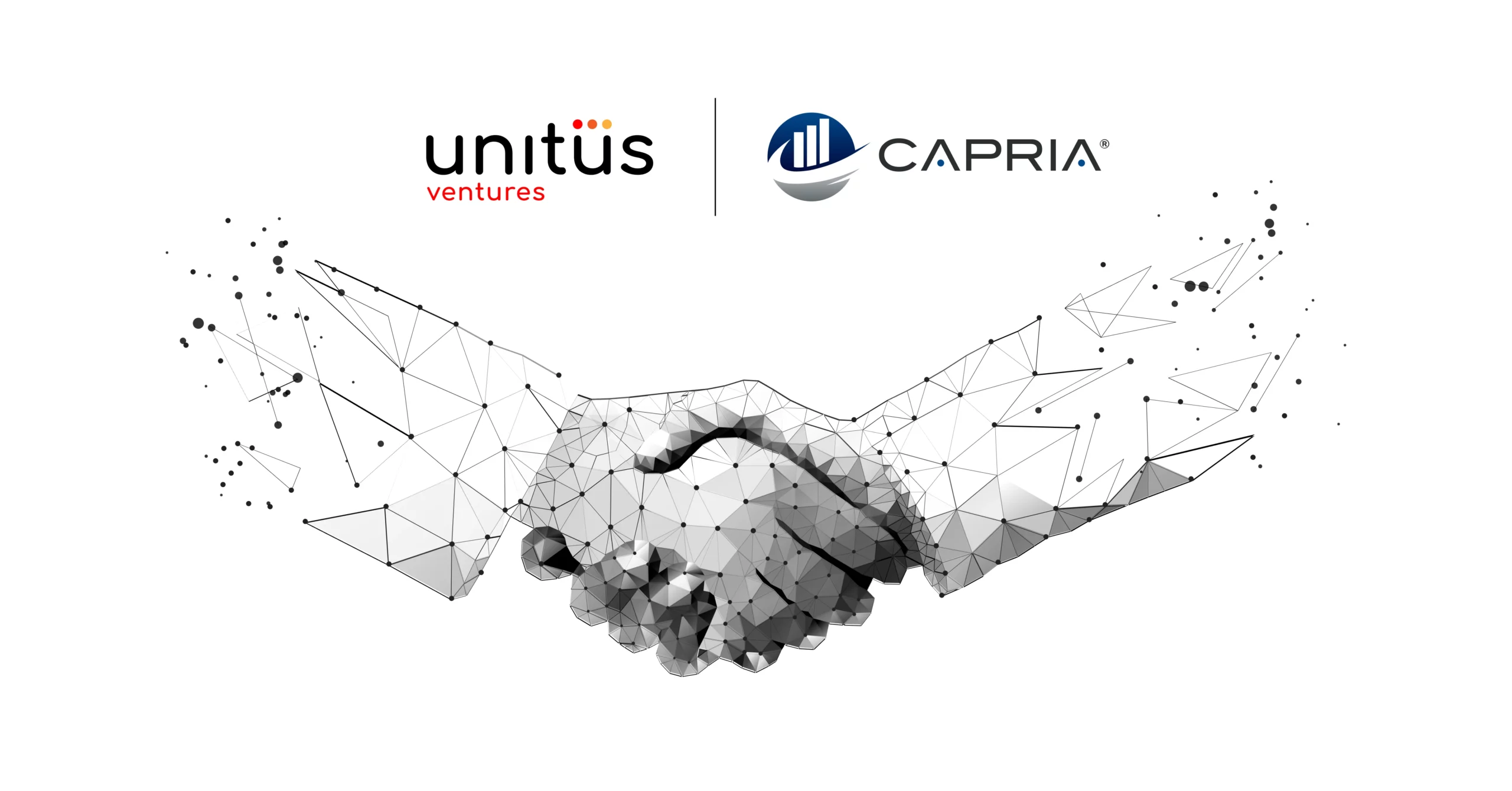A growing number of the best entrepreneurs are choosing to create (for-profit) businesses (rather than non-profits) because they believe that they can realize more sustainable and scalable impact on those living at the base of the economic pyramid (BOP)
Stanford Social Innovation Review has just published an article called “In Search of the Hybrid Ideal” which focuses on the challenges and opportunities faced by ventures seeking to achieve both social impact and profits.

Highlight: Combining profit and impact
Today it is clear that the independence of social value and commercial revenue creation is a myth. In reality, the vectors of social value and commercial revenue creation can reinforce and undermine each other. The social consequences of the recent financial crisis demonstrated with great clarity the danger of “negative externalities”—social costs resulting from corporate profit-seeking activities. But in some cases, “positive externalities” may also exist. It is this possibility that integrated hybrid models seek to exploit.
When we talk to entrepreneurs and students about hybrid organizations, a common theme that emerges is what we call the “hybrid ideal.” This hypothetical organization is fully integrated—everything it does produces both social value and commercial revenue. This vision has at least two powerful features. In the hybrid ideal, managers do not face a choice between mission and profit, because these aims are integrated in the same strategy. More important, the integration of social and commercial value creation enables a virtuous cycle of profit and reinvestment in the social mission that builds large-scale solutions to social problems.

There is increasing recognition that there are opportunities to have for-profit businesses which also provide significant positive social impact. At Unitus Ventures, we make equity investments in businesses which have BOP impact built into their core operations — not just as a sidecar. This means that as the business scales up, so does the BOP impact. Of course, there is always the possibility that the management may choose to change the business so that BOP impact is not core. To minimize this possibility, before we invest, we seek to confirm that the founders have a deep, DNA commitment to BOP impact. See Unitus Ventures strategy >
Highlight: Building and sustaining the right culture
All hybrid organizations face the challenge of remaining focused on their missions. At early stages, the passion and dedication of the entrepreneur can organically communicate such commitment within the organization. But as organizations grow, the influence of entrepreneurs on new staff becomes less direct and powerful. When direct influence weakens, culture becomes a critical means by which beliefs and values are communicated and maintained. Hybrids face the special challenge of building an organizational culture committed to both social mission and effective operations.
No matter which hiring approach they choose, hybrids face the additional challenge of designing compensation systems, tasks, and governance policies that reinforce an organizational culture committed to both social mission and effective operations.
In any startup (or any organization for that matter), hiring the right people who believe in and reinforce your unique values and culture as well as bringing excellent performance is critical for success. Unfortunately, this is often overlooked especially when startups are overwhelmed with high growth, meager budgets and the challenges inherent in building a company. So, startups don’t hold out for the best hires who are going to be long-term contributors to the business’s success. These less-than-great hires then hire the same kind of people and you’ve quickly got a ticking time bomb of under-performance … or worse.
The Unitus family has had experience over the last decade in working to accelerate more than 50+ BOP impact enterprises. From my observation, it is not always obvious by simply looking at the work experience/background of a founder whether they have what it takes to build the right organization. More often, it comes down to the leadership habits, behaviors and values of the founders which result in a high-performing team and business. It really is about building a team with a common vision, values and core skills which matters most for an organization to realize its potential.
Read the full article >

